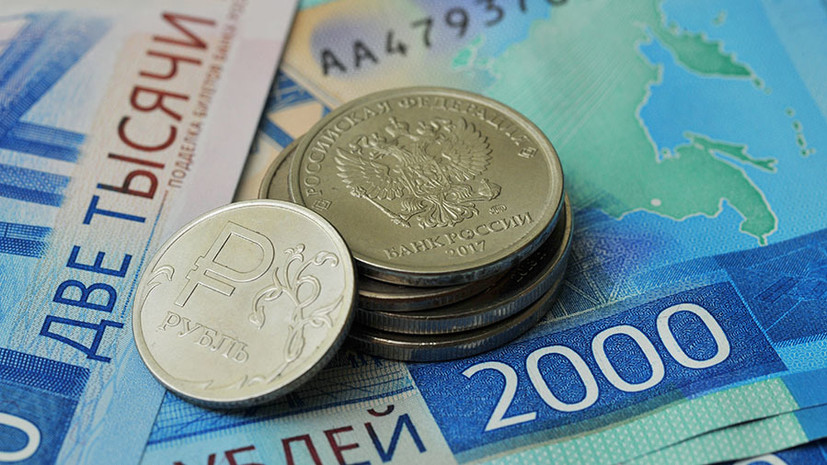The Russian government has set a maximum loan size for banks to provide credit vacations. The relevant resolution is published on the website of the Cabinet.
According to the document, for consumer loans to individuals, the amount is 250 thousand rubles, for consumer loans to individual entrepreneurs - 300 thousand rubles, and for car loans - 600 thousand rubles.
“For consumer loans (loans), providing for the provision of a consumer loan (loan) with a credit limit, borrowers for which are individuals, - 100 thousand rubles,” the document says.
At the same time, the maximum amount of loans issued not for entrepreneurial activity, and obligations under which are secured by a mortgage, is 1.5 million rubles.
The government also determined a method for calculating the average monthly income of a borrower for a credit vacation. According to the decree of the Cabinet, the corresponding indicator is calculated as the quotient of dividing all the total income of a citizen by the number of months during which he had to pay a loan.
Recall, on April 3, Vladimir Putin signed the law on the provision of credit holidays for citizens, individual entrepreneurs and small businesses, who found themselves in a difficult situation in connection with the spread of coronavirus. We are talking about both consumer and mortgage loans.
According to the law, borrowers will be able to apply to the bank for a loan vacation of up to six months if their income for the previous month decreased compared to the average monthly income for the previous year by at least 30%. According to experts interviewed by RT, the measure introduced will reduce the impact of the coronavirus pandemic on the economy and maintain the quality of life of Russians at an acceptable level in a period of uncertainty.
“Under the pressure of the viral factor on the Russian economy, the population and small businesses are faced with problems in the form of lower incomes. Credit vacations should stretch the debt burden in time and thereby reduce the time burden on incomes of citizens and entrepreneurs. Deferral makes it possible to find a new job, or open a business line that will close financial gaps, ”said Alexander Bakhtin, investment strategist at BCS Premier, in a conversation with RT.
At the same time, credit holidays should not put significant pressure on the financial stability of the banking system. This point of view is shared by Pavel Sigal, First Vice-President of the All-Russian Public Organization of Small and Medium Enterprises “Support of Russia”. According to him, the delay in the loan does not imply the exemption of the borrower from paying debt after the holidays.
“This measure does not relieve debtors of their obligations, therefore, banks that have provided loans will not incur significant costs. Without the introduction of the holidays, financial institutions could face more serious challenges. In this case, many Russians and entrepreneurs would not be able to pay loans, and banks would have to look for tools to solve the problem themselves. Now there are rules by which lenders and borrowers can cooperate, ”the source said.
Note that the borrower will be able to apply for a credit vacation until September 30, 2020. At the same time, a financial organization has the right to demand from the client documents confirming the decline in its income. About this RT said the director of bank ratings of the agency "Expert RA" Vyacheslav Putilovsky. According to him, if the bank does not see a reason for granting a deferment, then the client will be forced to continue paying the loan.
“For the duration of the credit vacation, banks cannot charge interest and penalties to their customers who have a difficult situation, and also must not demand early repayments. At the same time, the borrower still has the right to repay ahead of schedule both the entire loan and its part. In addition, the holidays can be interrupted at any time at the request of the borrower and the bank, ”added Putilovsky.
At the same time, during the grace period, financial institutions will continue to charge interest on the loan. This is stated in the message of the Central Bank. Thus, the client will have to pay interest on credit cards within two years after the end of the vacation. In the case of consumer loans, the borrower will pay interest after he repays the main debt.

